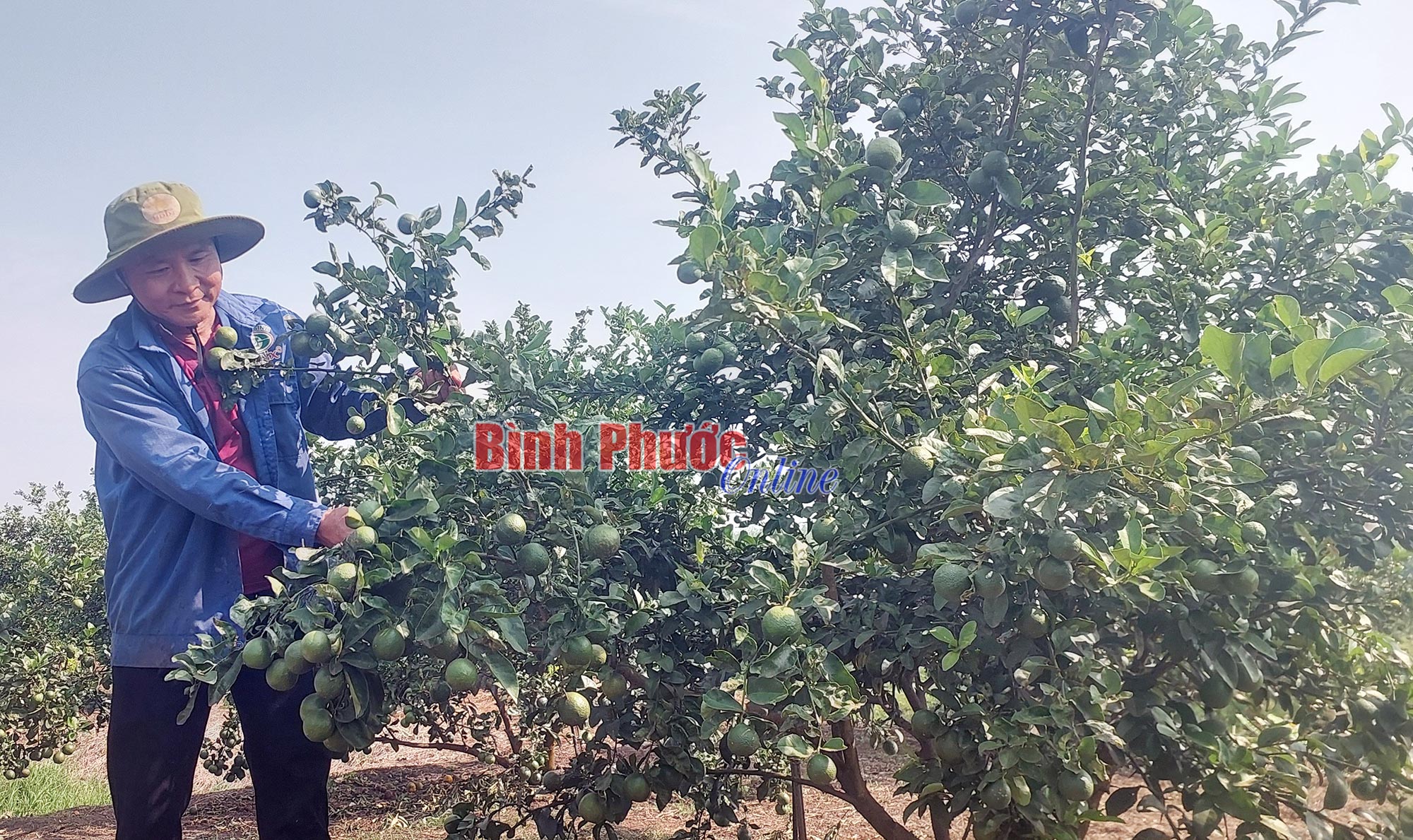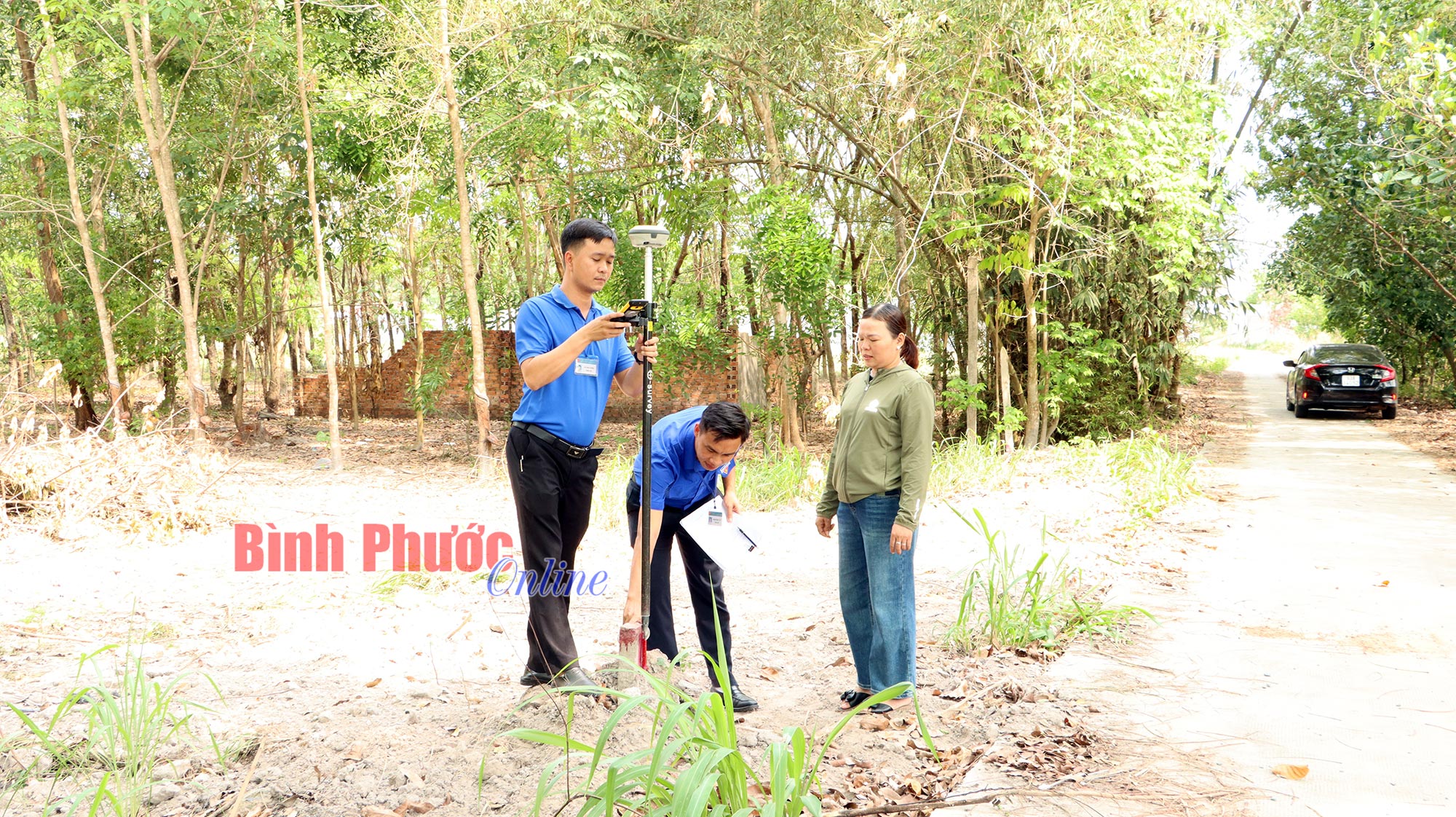1. History of the emergence and development of the “vacation ownership” business model in the world
In 1946, in response to pent-up demand for holidays in the UK after the end of World War II, Fred Pontin, Bill Butlin and the Warner brothers had the idea of expanding their holiday camp business. Over time, their holiday camp business became the model for the modern package holiday industry. This model expanded rapidly as air travel became cheaper and more available and the number of people taking or willing to take holidays grew rapidly.
It was in this mass market that the model known as “timeshare” (roughly translated as “vacation ownership”) officially appeared in 1963. Starting in Switzerland under the name “vacation ownership”, but after careful research, this business model was quickly applied in the United States and returned to develop in Europe (Scotland) in 1975. Within 5 years, timeshare resorts exploded across this market, typically in major resort destinations across Europe with Spain leading the development.
From a marketing perspective, vacation ownership is a very different product from a typical vacation package or resort package. It is advertised as offering attractive services that package holidays do not have, such as: top quality, luxury resort services, self-catering accommodation in easily accessible locations, idyllic scenery, guaranteed security and after purchase, this resort product is “always yours” . However, this concept is still quite new and not well understood by buyers, so although it is marketed on a large scale, sales from this business model in the early stages are often quite low.
By the 1980s, with the strategy of exploiting buyer psychology, large-scale business activities began to develop in a number of large resorts in Spain. Along with that, sales from the vacation ownership model business began to skyrocket, demonstrating the potential to become a promising business segment. However, from this period, many reflections and complaints about sellers selling false products also began to appear and spread more and more throughout Europe and a number of other countries, requiring the Governments of these countries to build appropriate and timely regulatory legal frameworks to protect the rights of buyers when participating in this type of transaction with many potential risks.
2. Overview of the characteristics of the timeshare vacation ownership business model and the current situation of problems that buyers encounter
According to the international legal dictionary, “timeshare” is understood as a form of common property ownership - usually resort or entertainment real estate, in which the owner has the right to use the property for a certain period of time each year. This definition is given from the perspective of considering vacation ownership as a form of common ownership of a real estate, however, this approach is no longer consistent with the general development trend of the world, when vacation ownership is no longer considered a form of real estate ownership. Another understanding is that vacation ownership is understood as the buyer buying a part of the right of a specific resort real estate - that is, a form of ownership by many people who have the right to use a real estate for a certain period of time each year. Alternatively, a timeshare is described as a form of vacation ownership whereby the buyer will have the right to use one week (or longer) each year in a specific apartment/complex/villa/resort, described in the contract, for a specified period of one or more years.
In fact, in many countries around the world, the vacation ownership business model is gradually losing its reputation in terms of image and brand due to the widespread and prolonged complaints and complaints from vacation ownership buyers/owners over the past decades. Therefore, to separate themselves from the discredited image of this model, some businesses have used other terms to replace the term "timeshare", for example: "Vacation Club"; "Fractional Ownership"; "Destination Club"; "Vacation Ownership"; etc. However, no matter what terms or concepts are used to describe it, in essence, this is still "timeshare" - a vacation ownership business model.
Thus, with the process of formation and development, we can summarize some characteristics of the vacation ownership model as well as the specific transaction methods of this model as follows:
- Vacation ownership is a complex product and business model. To invest or participate in a vacation ownership model, the buyer must sign a vacation ownership contract - a document with quite complex content related to agreements on the rights and obligations of the parties related to the vacation ownership product.
- The value of a vacation ownership contract ranges from tens to tens of thousands of US dollars (10,000 USD - 40,000 USD). In addition, after participating in vacation ownership, the buyer must also pay an annual fee (usually a management fee, resort operation fee, maintenance fee) based on the scale, number of vacation weeks, type of vacation weeks they own in the year as well as the value of the contract they have signed. Vacation ownership contracts apply for a specific period of time each year, and usually the contract term can last from several years to several decades, even up to 80 years (in Australia).

- Vacation ownership is a rather specific field. Depending on the nature and specific content of the agreements between the buyer and the seller, the vacation ownership business in the world can be divided into main product types, including:
(i) Vacation ownership with fixed weekly ownership.
(ii) Vacation ownership with floating weekly ownership.
(iii) Vacation ownership with rotating or flexible weekly ownership.
(iv) Own a vacation with a points program.
- Vacation ownership is not an essential or common product, commodity or service that people can easily decide to buy. Therefore, to sell vacation ownership, sellers often focus on strategies that exploit customer psychology. Specifically, sellers often approach potential customers by advertising/marketing via phone/similar methods, even promising gifts, "vouchers", "free vacations" to be able to invite, attract or entice potential customers to attend a presentation/introduction session about vacation travel, thereby introducing and convincing potential customers to agree to sign a vacation ownership contract right at that presentation.
- When entering into a vacation ownership contract, most buyers do not, or do not yet, fully understand the advantages and disadvantages of this type of product, especially do not consider or carefully evaluate the total cost that they have to spend and will have to spend for many years according to the agreement, only until actual problems arise.
- Choosing to buy vacation ownership because of the misconception that owning this product is a profitable investment. Practice in many countries has shown that you should only choose to own a vacation to enjoy your vacation or your family's vacation for a certain period of time, not buy vacation ownership and consider it a profitable investment.
- The problem of “fraud” in “reselling vacation ownership”. Originating from the difficulty of selling vacation ownership rights, a group of “reselling vacation ownership rights” have offered to resell the buyer’s vacation ownership rights to a third party, on the condition that the vacation ownership product owner must pay a fee in advance. However, in reality, most of these cases have not, or even cannot, resell the vacation ownership, and the vacation ownership owner continues to lose a (not small) fee to the broker.
- The main and common problems that vacation ownership buyers in many countries encounter, typically:
(i) annual maintenance fees are too high and last for many years as timeshare contracts typically have terms ranging from several years to several decades;
(ii) cannot cancel or withdraw from the signed contract;
(iii) the original scheduled booking cannot be made;
(iv) it is impossible or very difficult to sublease or assign the contract;
(v) misleading, even fraudulent, “scam” behavior, sales pressure behavior of the seller; etc…
In particular, the issue of canceling a signed vacation ownership contract remains the biggest and most difficult problem of the vacation ownership business model in countries around the world, and is also the issue that has led to the most disputes and complaints from buyers since the 1980s.

3. Laws regulating vacation ownership business in some countries and recommendations for Vietnam
In relation to the current state of business activities under the name of “long-term resort services/vacation ownership” (or similar names) in Vietnam in recent years, it can be seen that this type also has similar characteristics and problems with the vacation ownership business model that has appeared in the world since the 1960s. Originating as a complex business model (as analyzed), not only in Vietnam, the existing problems of the vacation ownership model have arisen for a long time in many countries and regions in the world, specifically in Europe, the United States, Australia, England, France, Germany, Spain, etc.
Faced with such complex situations, although the laws of each country and region may have different approaches to “vacation ownership”, many places such as the European Union, UK, France, Germany, Spain, Australia, and some states in the United States have direct regulations to manage this activity, for example:
In the European Union, the holiday ownership business is directly regulated by a separate law of 1994 (the Holiday Ownership Act adopted by the European Community in 1994); a Directive of 2008 (Directive 2008/122/EC of the European Parliament and of the Council of 14 January 2009 on consumer protection in respect of certain aspects of holiday ownership services, long-term holiday products, repurchase and resale contracts) and the specific legislation of the Member States (in particular those with resorts and tourism).
In the United States, for example in the state of Florida, vacation ownership is currently regulated and governed directly by the state of Florida in the Florida State Statutes of 2018 (Chapter 721 with 98 Articles) dated September 25, 2018 of the United States of America on establishing procedures and requiring public disclosure of information on the sale, exchange, promotion and operation of vacation ownership activities.
In Australia, the business of holiday ownership is regulated directly under the Corporations Act (Chapter 5).
In general, stemming from the reality that the vacation ownership model has been developing for a long time, many countries and regions have had legal regulations as well as a direct and relatively complete regulatory mechanism to ensure transparency and strictness in business operations of enterprises, typically: regulations on licensing vacation ownership activities; regulations on conditions for offering products to the market; requirements on responsibility for providing complete and accurate information in advertising and before signing a contract; buyer's rights (withdrawal/consideration period); management mechanism; handling of violations, etc.
In particular, some customer rights are strictly regulated, such as: customers have the right to unconditionally terminate the contract within a period of time without any cost and cannot cancel the right for any reason; prohibiting consumers from paying before the end of the above withdrawal period; or requiring businesses to open escrow accounts to ensure the ability to pay for customers when they need to withdraw from the contract and specifying a specific repayment period.
While the vacation ownership business is directly regulated by the laws of many countries and regions in the world, Vietnam has so far lacked a separate, comprehensive legal framework to regulate this type of business. Therefore, based on research on international practices and assessment of the current situation in Vietnam, focusing on reviewing and building a comprehensive, strict legal framework to regulate the vacation ownership service business to minimize risks, ensure the rights of people when participating in this type of transaction as well as stabilize social order is an extremely urgent matter in the current context. /.
[*] Some reference sources:
- https://www.legislation.gov.au/C2004A00818/2021-04-05
- https://legaldictionary.thefreedictionary.com/time-share
- https://timeshareconsumerassociation.org.uk
- https://www.nolo.com/legal-encyclopedia
- https://eur-lex.europa.eu/legal-content
- http://www.leg.state.fl.us/statutes
- https://www.aph.gov.au/Parliamentary_Business/Committees/Joint
Source: https://moit.gov.vn/tin-tuc/bao-chi-voi-nguoi-dan/mo-hinh-kinh-doanh-so-huu-ky-nghi-tren-the-gioi-tu-lich-su-hinh-thanh-den-nhung-van-de-nguoi-mua-gap-phai.html


















Comment (0)